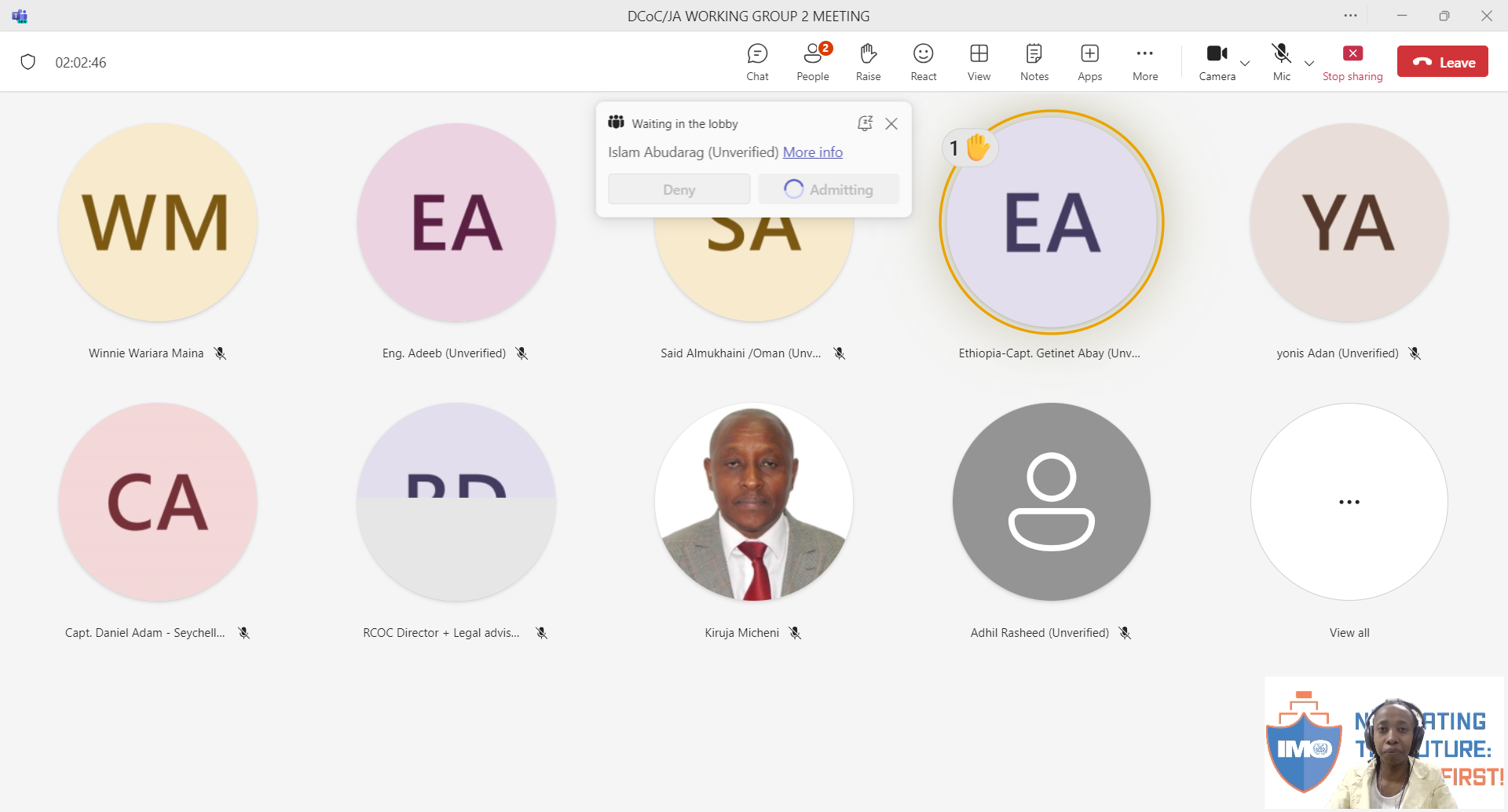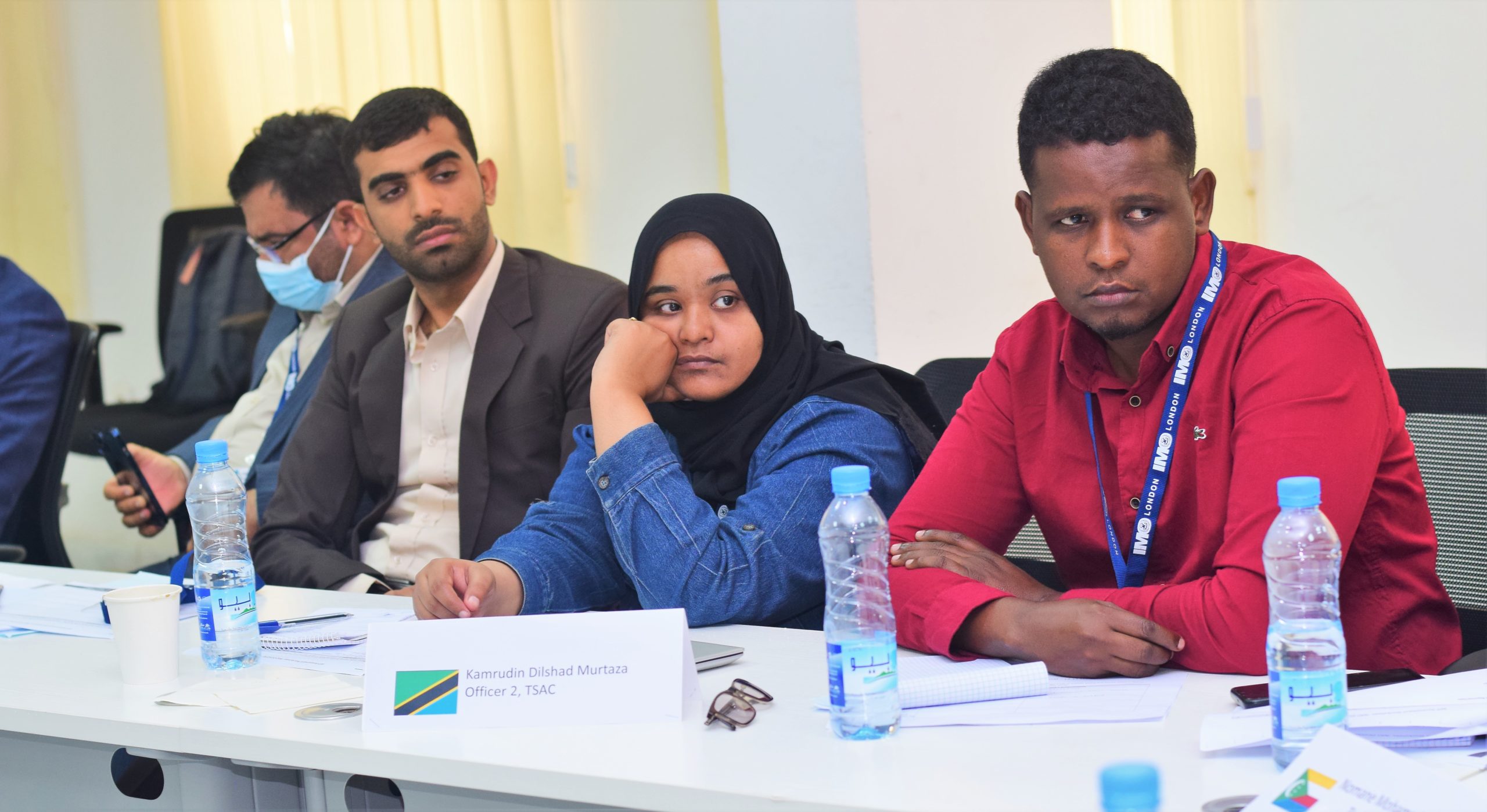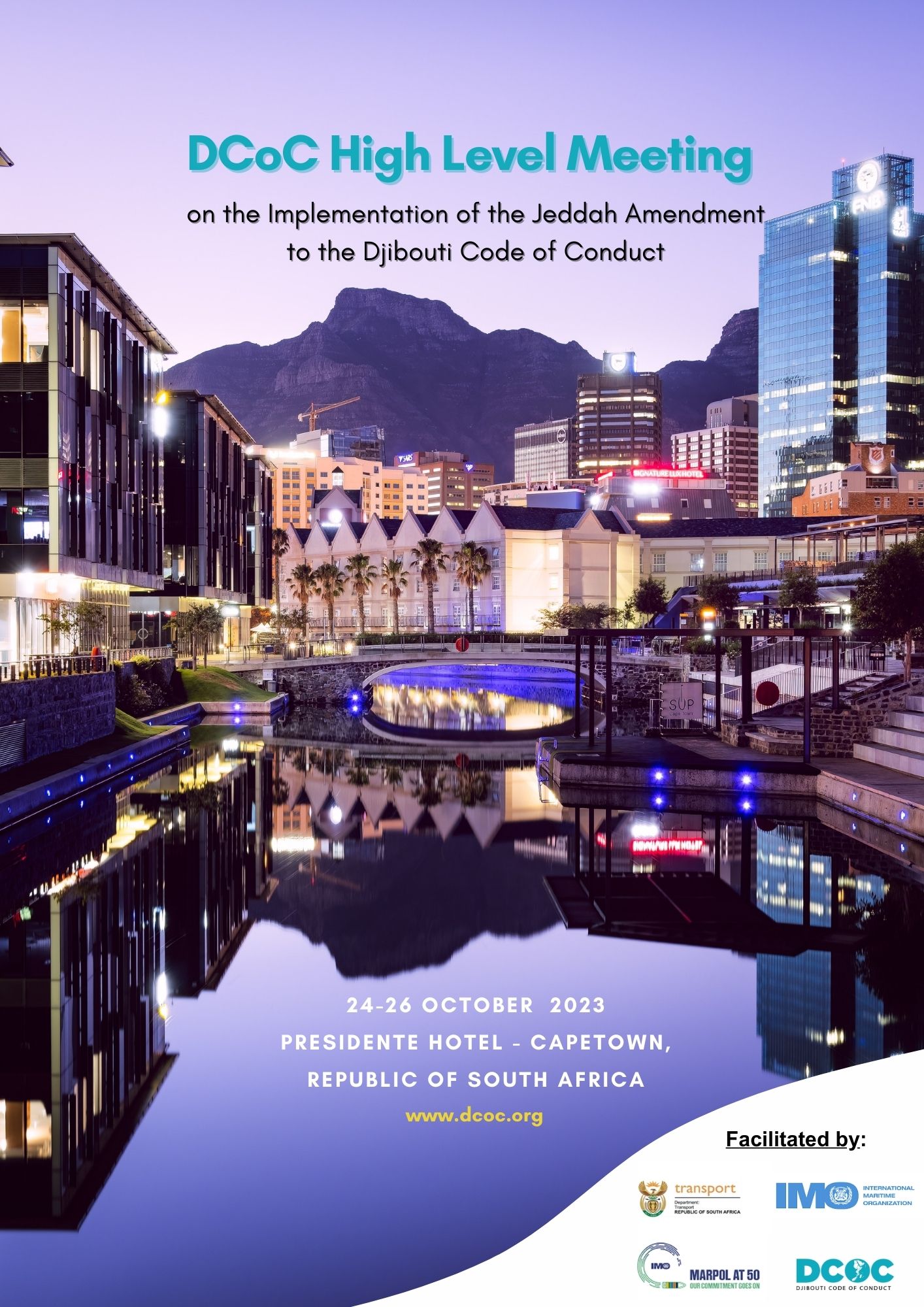Capacity Buidling
Within this pillar, IMO has implemented several equipment programs to foster maritime situational awareness in the region. The objective is to adopt a comprehensive strategy for combating piracy by enhancing maritime awareness and facilitating the exchange of incident information to enable a unified response. Presently, Seychelles chairs Working Group 2 on Capacity Building Coordination, with Somalia serving as deputy Chair.
IMO is actively engaged in enhancing the maritime situational awareness of signatory States to bolster maritime law enforcement efforts. Initiatives aimed at maximizing the utilization of terrestrial automatic identification systems (AIS), long-range identification and tracking of ships (LRIT), coastal radar, and other pertinent sensors and systems are currently underway and will persist into the future. The overarching objective is to furnish States with a comprehensive overview of maritime activities across the region, thereby fostering heightened levels of maritime safety and security.
Thematic Sub-working Groups
As outlined in a Communique from the Djibouti Code of Conduct/Jeddah Amendment High-Level Meeting in Cape Town, South Africa (24 – 26 October 2024), participants deliberated on and adopted Resolution 3, focusing on the Establishment of thematic sub-working groups for WG 2 on capacity-building coordination.
The decision to form sub-working groups tasked with coordinating various thematic areas under Article 2 of the Code of Conduct received approval. This initiative aims to amalgamate existing mechanisms to operationalize the DCoC Information Sharing Network, address evolving maritime challenges, and prioritize security concerns of Signatory States, thus streamlining efforts and avoiding duplication.
The sub-working groups will oversee the following areas:
- Illegal, Unreported, and Unregulated Fishing (IUU), chaired by Tanzania
- Port and ship security and protection of coastal installations, chaired by Ethiopia
- New and emerging threats to maritime security(chair to be confirmed)
- Trafficking in arms, narcotics, and psychotropic substances, chaired by Madagascar
- Illegal trade in wildlife and other items in contravention with the Convention on International Trade in Endangered Species of Wild Fauna and Flora (CITES), chaired by Kenya
- Threats to maritime environment, chaired by Mauritius
- Human trafficking and smuggling, chaired by Maldives
The inaugural meeting on these thematic areas took place on 14 March 2024, attended by the Working Group 2 Chair, thematic sub-working group Chairs, directors of the RCoC and RMIFC, and the secretariat.

Capacity Building Coordination Matrix
The Capacity Building Matrix, a dynamic tool accessible through the Members’ Only portal on the DCoC website, serves as a comprehensive repository. It systematically catalogs the needs and priorities of DCoC countries across a spectrum of critical thematic areas outlined in the Jeddah Amendment to the Djibouti Code of Conduct.
These thematic areas encompass vital domains such as Maritime Governance, ISPS Code Compliance, and Maritime Security (Law Enforcement). Additionally, the matrix vigilantly addresses emerging threats, including but not limited to Cyber Security, thus reflecting the evolving landscape of maritime security challenges. Through this structured approach, the matrix provides a robust framework for informed decision-making and strategic resource allocation within the DCoC community.
Since its launch in June 2022 during the Dubai High Level Meeting, requests to populate the matrix have been distributed to 20 countries listed on the platform. Member states under the DCoC have demonstrated cooperation in populating and updating the CB matrix, thus bolstering the region’s efforts in implementing the code.
Those affiliated with the DCoC/JA seeking access to the matrix can evaluate the diverse needs of member states and tailor technical assistance accordingly. This approach aims to reduce inefficiency, mitigate duplication, and enhance synergy. Moreover, it serves as a mechanism to foster collaborative engagement among implementing partners with shared mandates.


